About cerebral palsy - general information
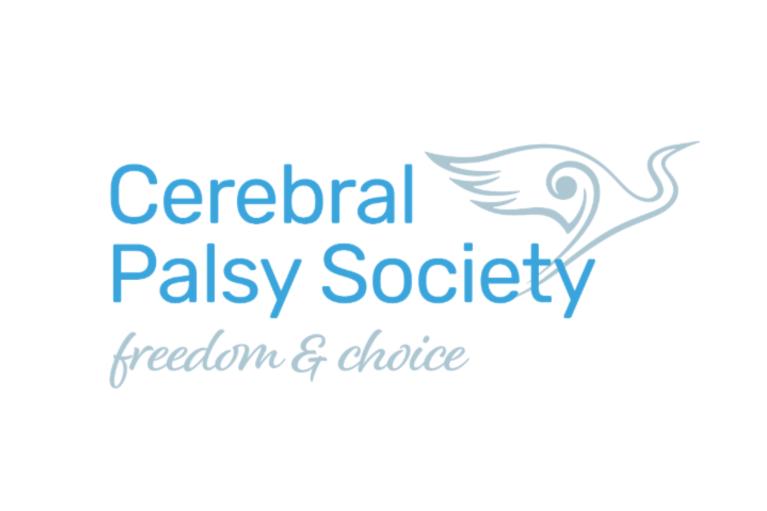
Visit the Cerebral Palsy Society for information about the types of cerebral palsy (CP), the effects of CP, treatments, assessments, outcomes and research.
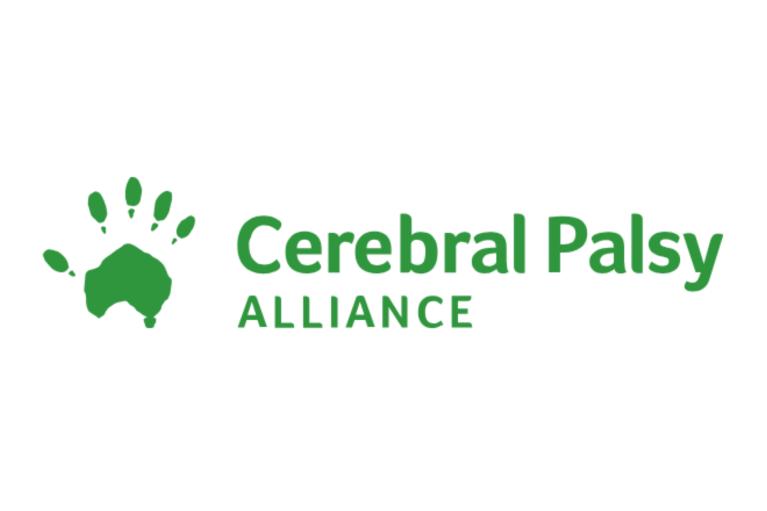
The Cerebral Palsy Alliance has a range of information about CP. Please be aware that the general information about CP is relevant to NZ parents and whānau but the website also provides information about services only available in Australia.
See the KidsHealth information about CP including how CP is classified, management of CP, treatments and disability support.
Cerebral palsy apps and online platforms
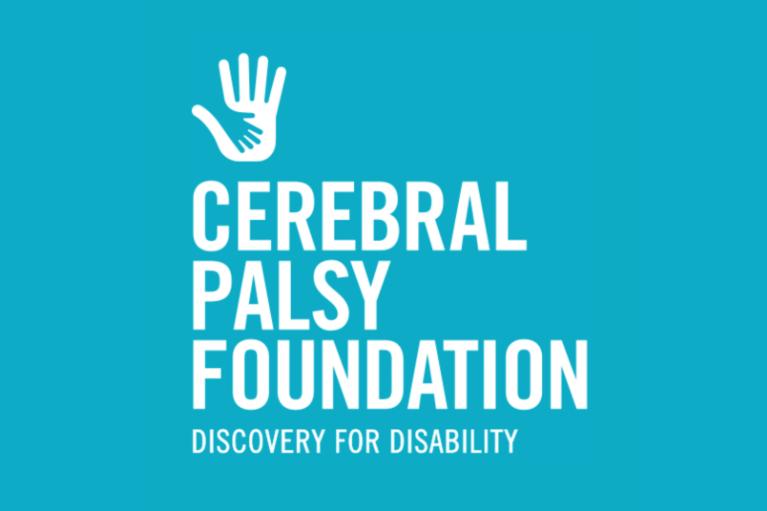
The Cerebral Palsy Foundation have created CP Channel - a free app for people with CP. Visit their website to learn more about the app.

Sameview is an Australian pay online platform that provides one place to connect and share information between therapists, educators, support workers and families. Used by some families in New Zealand - but there is a cost.
Diagnosis of cerebral palsy and soon after
Whenever you receive news that your child has special needs, it can be distressing and can lead you and your family to experience a range of emotions. You may feel shock, anger, denial, fear, guilt, sadness, and helplessness. This is normal. The future can be unknown and planning ahead is therefore very difficult. Remember, there are services to help when you want or need help.
Receiving a diagnosis for your child with special needs
When your child is diagnosed with a chronic illness or disability, coping is an ongoing process. Everybody copes in a different way. Seek support when you need it.
Coping when your child has a diagnosis of a chronic illness or disability
Cerebral palsy NZ support groups

The Cerebral Palsy Society supports New Zealanders with CP at all ages and stages. It's a member-based organisation that strives to enhance the lives of people with CP in New Zealand by providing programmes, support and advice. Find out about the support the Cerebral Palsy Society offers and check the Society's unique and free programmes.
Other NZ based support and assistance for your child with cerebral palsy
If your child has cerebral palsy, a needs assessment is the first step towards identifying what needs your child may have and what outcomes you want from the process. Service coordination is the process of working with you to explore how best to organise the support and services you need to help your child to be as independent as possible. Support to meet your child's needs may come from families and friends, community agencies and resources, or from government-funded services.
Needs Assessment Service Coordination (NASC)
Different kinds of financial support may be available. Talk to your health professional, social worker, or NASC (Needs Assessment Service Coordination) Service about which allowances you may be able to receive.
Financial help when your child has a disability or chronic condition
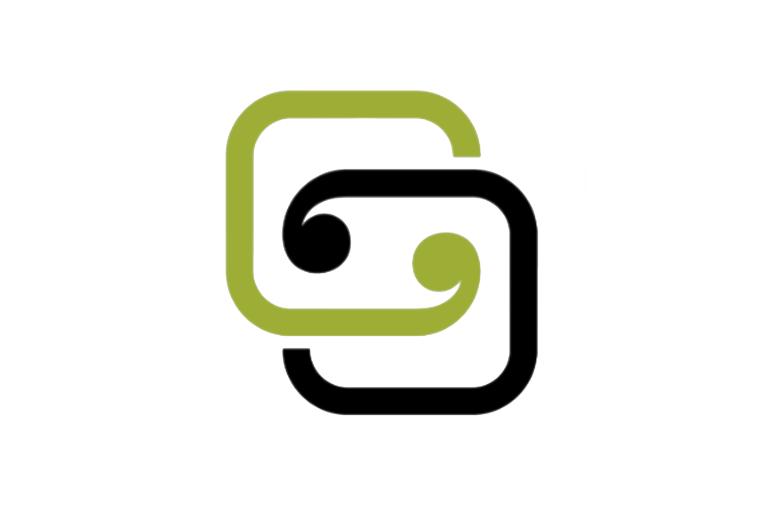
CCS Disability Action is the largest pan-disability support and advocacy organisation in New Zealand. As well as providing direct support and advocacy, they have a wider role in shaping society's attitudes towards people with a disability.
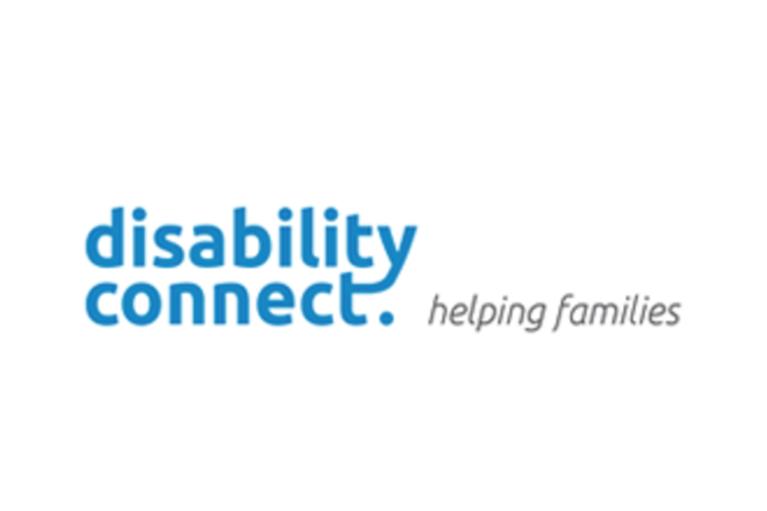
Disability Connect help individuals with a disability, or family members of a disabled person, to navigate the New Zealand disability sector. Check out their seminars, community conversations and other services.
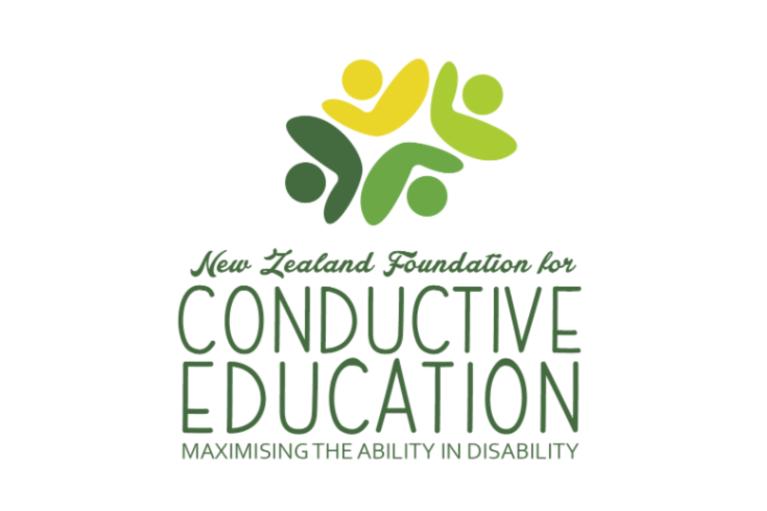
Conductive Education has early intervention and rehabilitation programmes for children and adults. There are Conductive Education Centres in some parts of the North and South Islands.
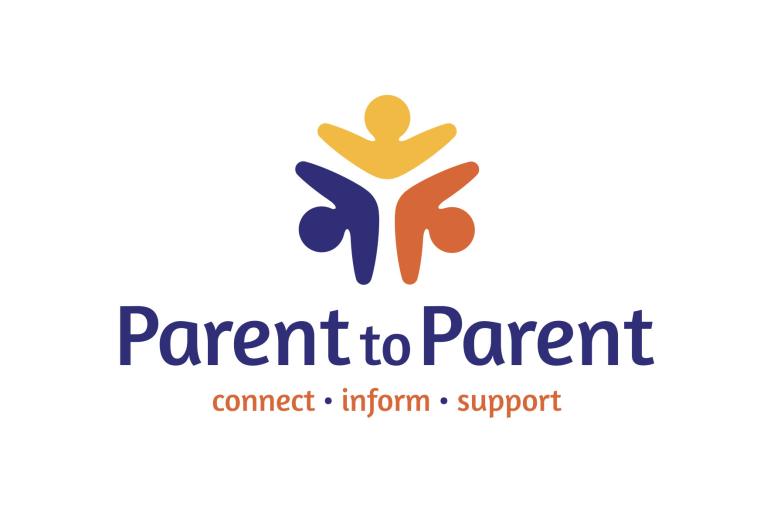
Parent To Parent aims to inform, educate, inspire and support you as you navigate your way through your family's experience with disability. Their services are free and confidential.
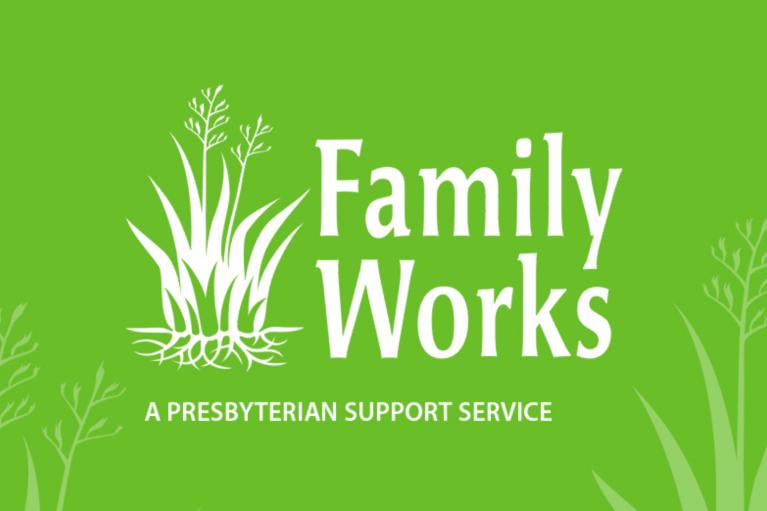
Family Works can support children, young people and families to make positive changes in their lives using the strengths and resources they already have. Check Family Works in your region and find out about the services they provide.
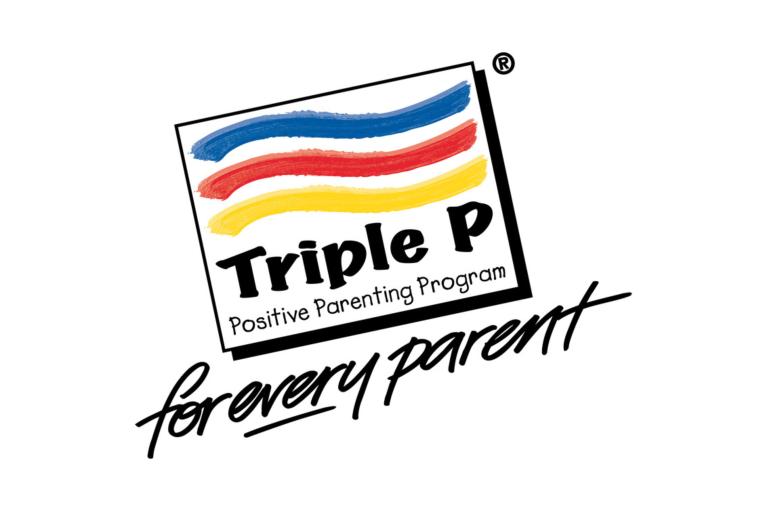
Stepping Stones Triple P is for parents of a child with a disability. If the pressure of raising a child with a special need is straining your family life, Stepping Stones Triple P may help. Stepping Stones is based on Triple P's positive parenting strategies. It helps you manage problem behaviour and developmental issues common in children with disability. It also helps encourage behaviour you like, cope with stress, develop a close relationship with your child and teach your child new skills.
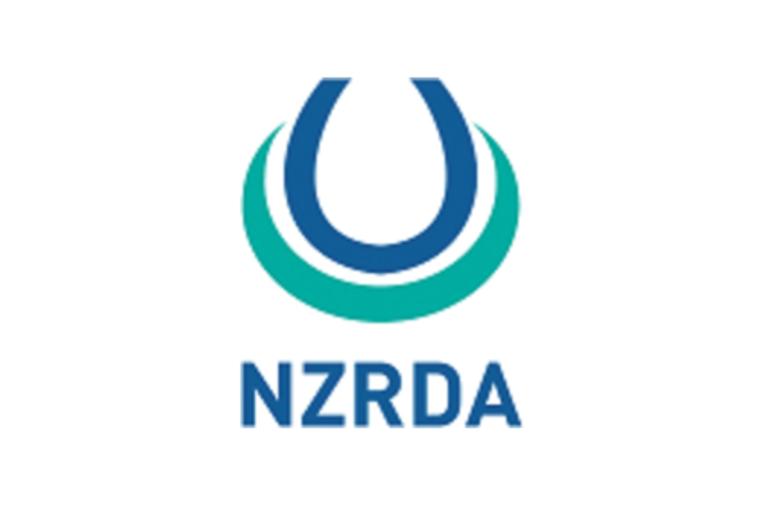
There are over 50 affiliated RDA groups in every region of New Zealand. RDA provides goal-based riding activities that increase the ability, strength and confidence of people with physical, intellectual, emotional and social challenges.
Sibling support

Watch a 2 part video series where siblings from around New Zealand tell their stories of living with a family member with a disability. Find out about sibling support groups.
Cerebral palsy and language
Information about typical communication development in young children and ideas for supporting them. You'll also find suggestions about what to do if you are worried about your child's communication development.
Cerebral palsy treatments
Read the general page on cerebral palsy to find out how cerebral palsy is managed and what other things to consider.
If you are thinking about SDR, read this information and talk to your local team and other Aotearoa New Zealand experts first.
Includes suggested questions to ask before using complementary and alternative medicine.
Advice For Parents About Complementary & Alternative Medicine
If you are considering stem cell therapy for your child with CP, please read this information.
Cerebral Palsy & Stem Cell Treatments
If you are considering hyperbaric oxygen therapy for your child with CP, please read this information.
Cerebral Palsy & Hyperbaric Oxygen Therapy
Cerebral palsy education and learning support
Your child may need extra support if they have needs that are affecting their learning or participation in everyday life.
If your child needs extra support for learning and development, there are qualified, experienced people in early intervention services who can work with you. This support is available from birth through to when your child starts school.
Learning Support Before Your Child Goes To School
Most children with additional learning needs receive support from their school. But if teachers decide your child needs extra learning support, the Ministry of Education's Learning Support team can help. Staff at your child's school or early childhood education centre will coordinate extra services.
Learning Support When Your Child's At School
Cerebral Palsy Register
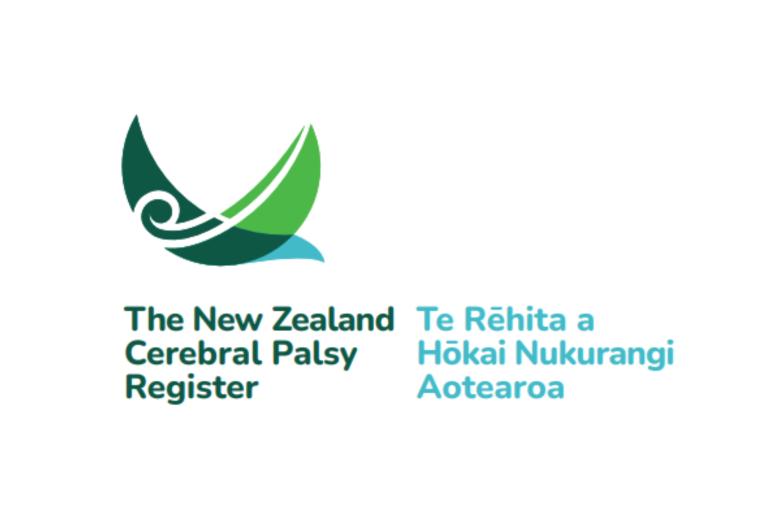
The NZCPR is a confidential research database of information about people with cerebral palsy in New Zealand. They need parents to join - find out more and check how to register.
Acknowledgements
This content has been developed and approved by the Cerebral Palsy Clinical Network of the Paediatric Society of New Zealand.
